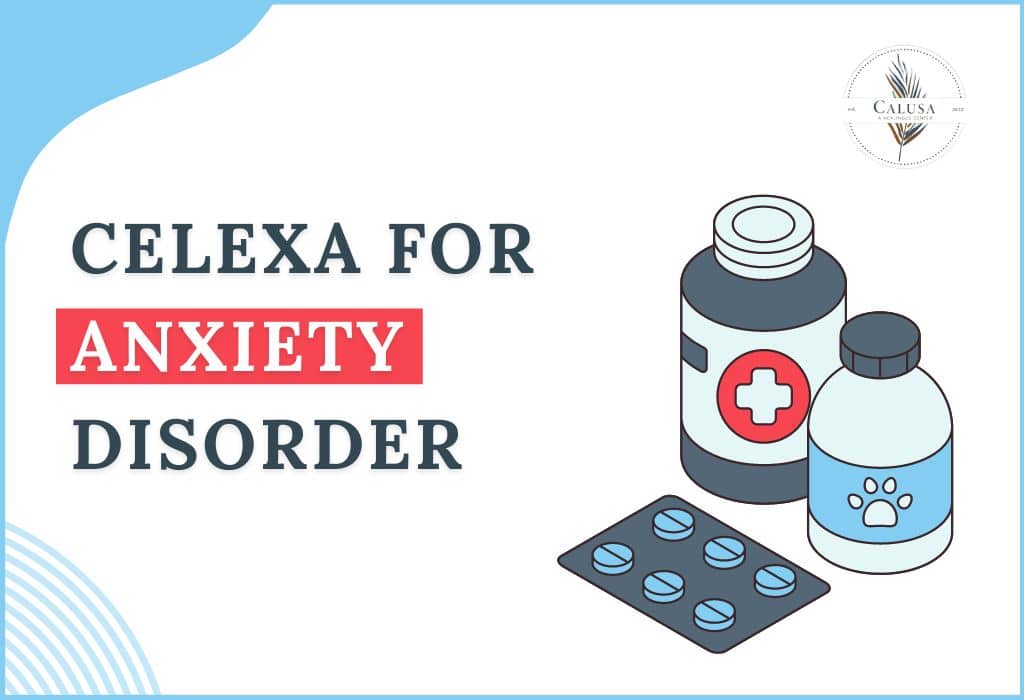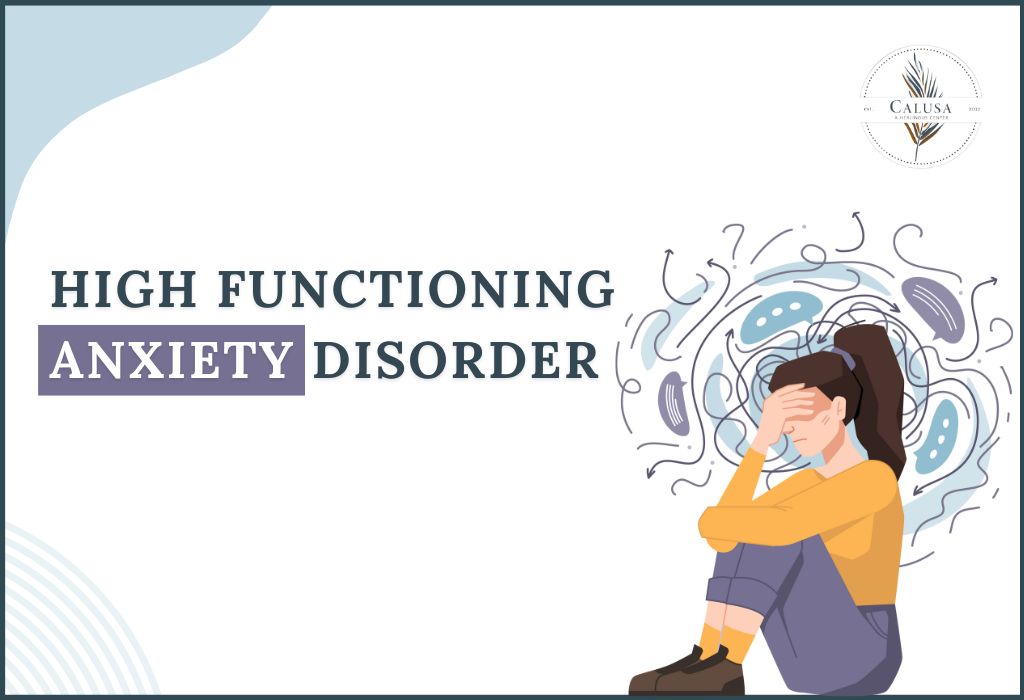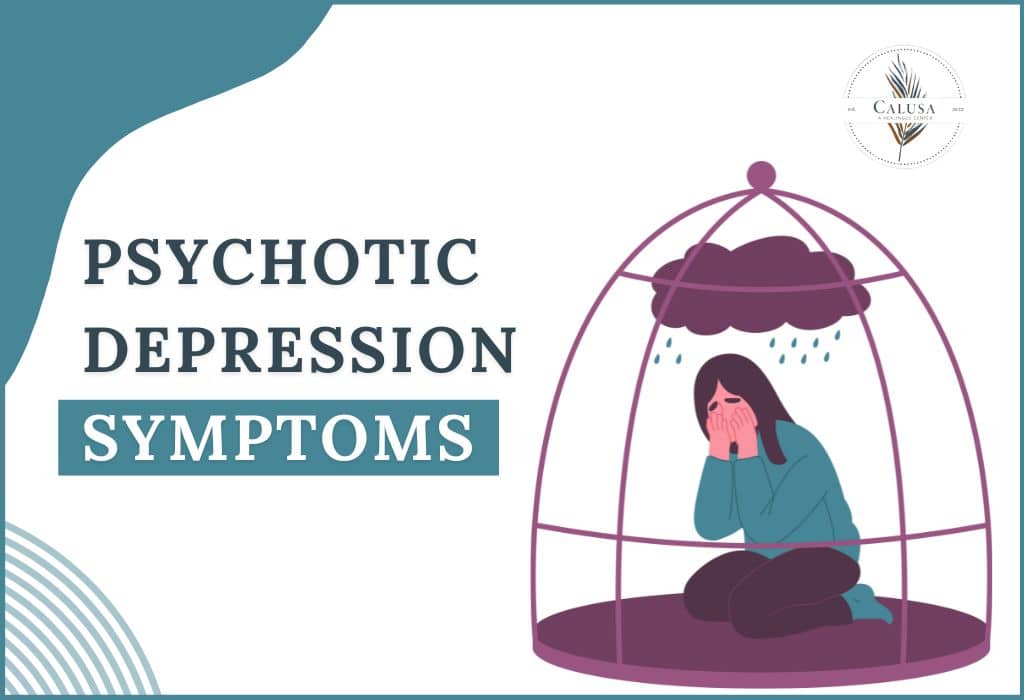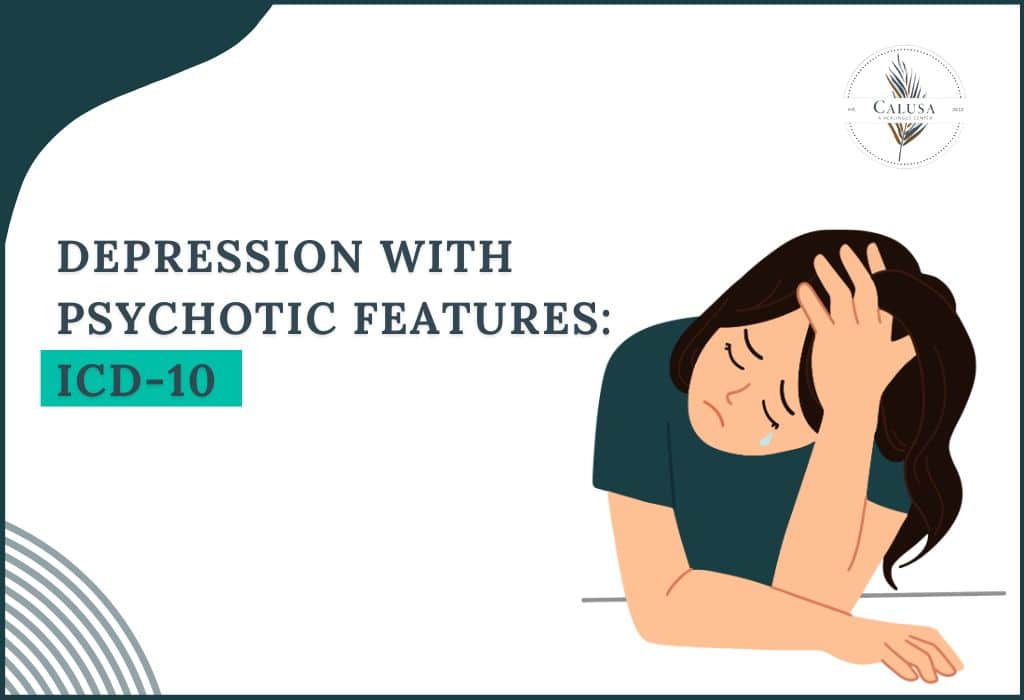In today’s fast-paced world, where the pressures of daily life can be overwhelming, mental health is increasingly recognized as a vital aspect of overall well-being. However, amidst the hustle and bustle of modern society, conditions like manic depression, also known as bipolar disorder, often fly under the radar, silently affecting individuals and their loved ones. The consequences of undiagnosed or untreated manic depression can be profound, impacting every aspect of a person’s life and reverberating throughout their social circle.
Yet, amidst the shadows of this often misunderstood condition, there is a beacon of hope: early detection. Like a guiding light in the darkness, early detection can illuminate the path to effective management and recovery for those grappling with manic depression.
In this blog, we will uncover the importance of early detection in navigating the complexities of manic depression, shining a spotlight on the crucial role of manic depression tests in this process.
Understanding Manic Depression
Manic depression, or bipolar disorder, presents as a mental health condition marked by drastic shifts in mood. These mood swings can vary from episodes of mania, where individuals experience elevated mood, increased energy, and impulsive behavior, to episodes of depression marked by feelings of sadness, fatigue, and hopelessness.
Individuals with manic depression may cycle between these mood states, with periods of stability in between. However, the intensity and frequency of mood swings can differ from person to person.
It’s essential to recognize that manic depression is a complex condition influenced by various factors, including genetics, brain chemistry, and environmental triggers. While the exact cause of manic depression remains unknown, understanding its symptoms and triggers is crucial for effective management and treatment.
If you or someone you know is exhibiting symptoms of manic depression, seeking support from a qualified mental health professional is essential. With proper diagnosis and treatment, individuals with manic depression can lead fulfilling and productive lives.
Why Early Detection Matters?
Early detection of manic depression is critical for several reasons:
Timely Intervention
Identifying manic depression in its early stages allows for prompt intervention and treatment, which can help individuals regain stability and prevent further deterioration of their mental health.
Preventing Escalation
Without timely intervention, manic depression can escalate, leading to more severe symptoms and complications such as substance abuse, impaired judgment, and suicidal thoughts or behaviors.
Improving Quality of Life
Early detection and treatment of manic depression can significantly improve an individual’s quality of life by reducing the frequency and severity of mood swings and enabling them to function more effectively in daily life.
Exploring Manic Depression Tests
Manic depression tests also referred to as bipolar disorder screening tools, are indispensable in the early identification of this condition. These assessments play a pivotal role in evaluating symptoms associated with manic depression and pinpointing individuals who may benefit from further evaluation by a mental health professional.
Types of Manic Depression Tests
Beyond raising awareness, let’s delve deeper into the tools available to identify manic depression. Think of these tests as a roadmap to navigate your emotional landscape. Here, we’ll explore some of the most commonly used manic depression tests:
The Mood Disorder Questionnaire (MDQ)
This self-administered assessment focuses on your recent mood swings and their severity. It paints a broad picture of your emotional state, helping identify potential patterns of mania and depression.
The Bipolar Spectrum Diagnostic Scale (BSDS)
This clinician-administered tool digs deeper, exploring not only your current mood but also your past experiences with manic and depressive episodes. The BSDS helps assess these episodes’ frequency, duration, and intensity, providing a more comprehensive view of your mental health history.
The Hypomanic Personality Scale (HPS)
This assessment goes beyond simply identifying episodes. It explores your baseline personality traits, looking for characteristics commonly associated with hypomania, a milder form of mania. By understanding your personality tendencies, the HPS can help determine if your mood swings indicate a more significant issue.
The Bipolar Depression Rating Scale (BDRS)
This clinician-administered tool provides a more objective assessment. The BDRS evaluates both manic and depressive symptoms through detailed observations and interviews. This comprehensive approach helps paint a clearer picture of your current mental state.
It’s important to remember that these tests are not magic bullets. They serve as valuable screening instruments, raising awareness of potential issues and encouraging you to seek professional help. If a test flags potential problems, consider it a nudge in the right direction – a chance to explore the possibility of manic depression and develop a personalized treatment plan.
Why is it important to diagnose bipolar disorder?
Diagnosing bipolar disorder is crucial for several reasons:
1. Proper Treatment
A timely and accurate diagnosis allows individuals to receive appropriate treatment, such as medication and therapy, to manage their symptoms effectively. Without proper treatment, bipolar disorder can significantly impact an individual’s daily functioning and quality of life.
2. Prevention of Complications
Untreated bipolar disorder can lead to severe complications, including substance abuse, relationship problems, and suicidal thoughts or behaviors. Early diagnosis and intervention can help prevent these complications from occurring or worsening.
3. Understanding Triggers
Diagnosing bipolar disorder helps individual and their healthcare providers understand the triggers and patterns of mood swings, allowing for better management and prevention of future episodes.
4. Improved Quality of Life
With proper treatment and support, individuals with bipolar disorder can lead fulfilling and productive lives. Diagnosis opens the door to accessing resources and support networks to help individuals cope with their condition and thrive despite its challenges.
The Bottom Line
In summary, early detection of manic depression is paramount for achieving optimal management and positive outcomes. Manic depression tests serve as indispensable tools in identifying individuals susceptible to this condition and enabling timely intervention. By acknowledging the significance of early detection and employing screening tools as necessary, we can bolster individuals on their path to mental well-being and ensure they access the care required.
Remember, if you or someone you know exhibits symptoms of manic depression, don’t delay in seeking assistance from a mental health professional. Early intervention holds the key to effectively managing this condition and enhancing overall quality of life. Together, let’s prioritize mental health and support those in need.
For further information and support on manic depression and early detection strategies, connect with us at Calusa today. We’re here to provide guidance, resources, and assistance to help you navigate your mental health journey with confidence and empowerment. Let’s work together towards a brighter, healthier future.










